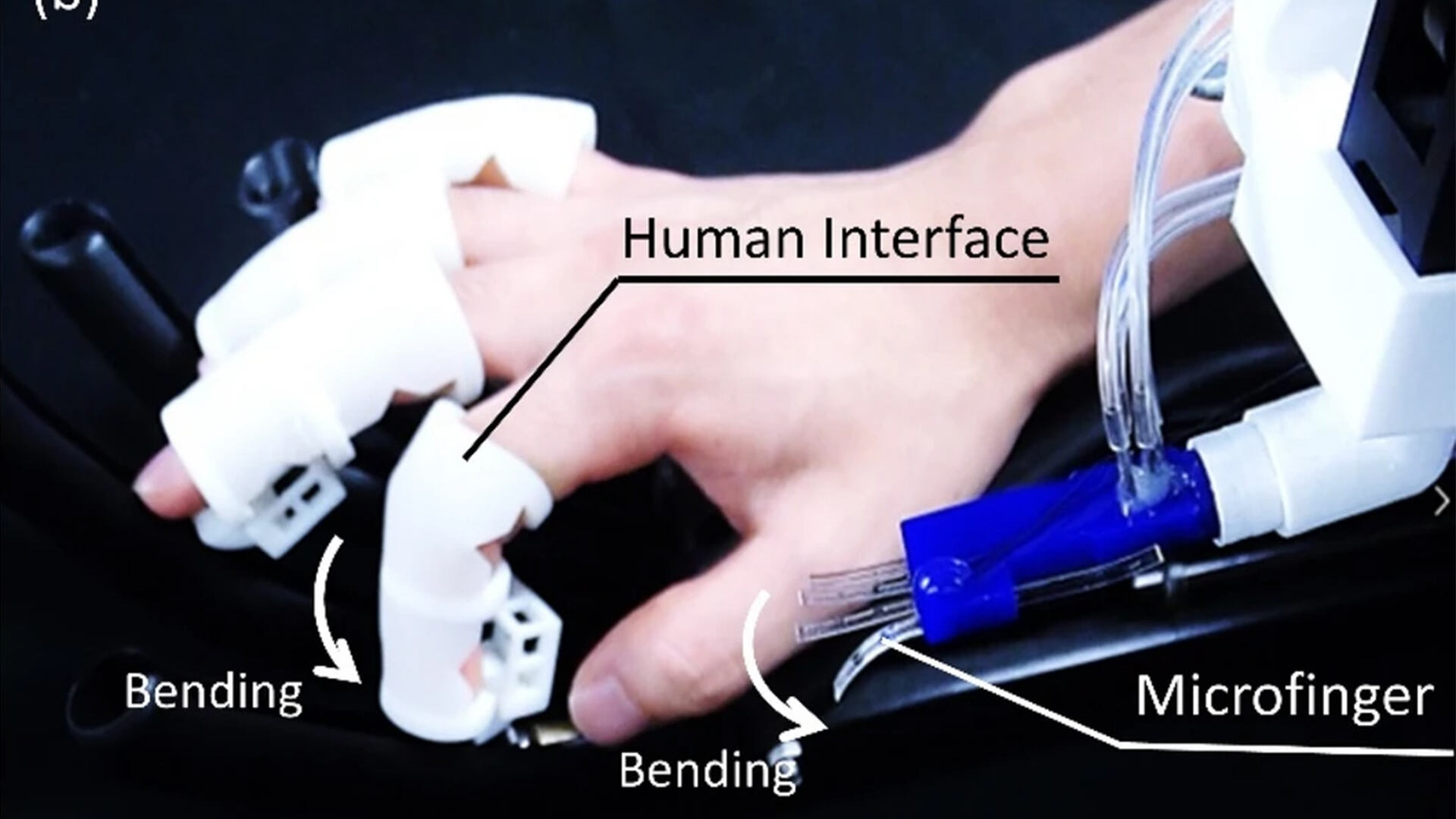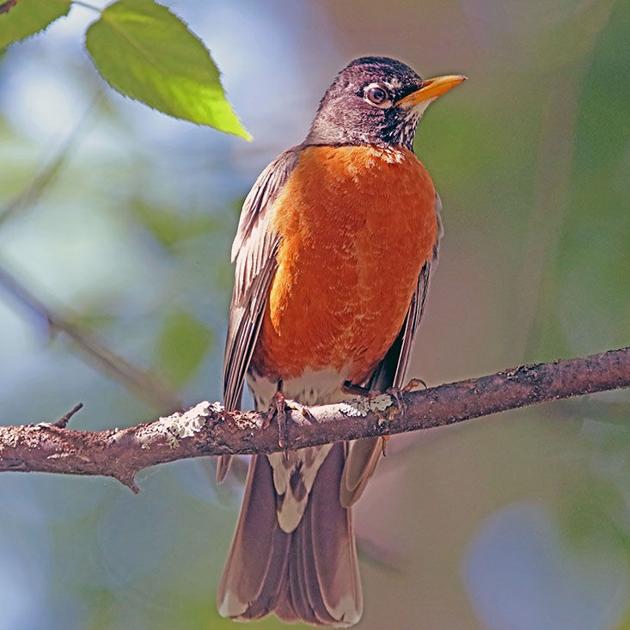INDIANAPOLIS – Scientists from IUPUI, Indiana University School of Medicine and two other US universities will work with industrial partners to investigate the use of insects as food and feed in agriculture in response to overpopulation, climate change and shrinking food supplies.
Established with a newly awarded $ 2.2 million grant from the National Science Foundation, the Center for Environmental Sustainability Through Insect Farming is a collaboration between IUPUI’s School of Science, Texas A&M AgriLife Research and the Mississippi State University. The lead researchers at IUPUI are Christine Picard, Associate Professor at the IUPUI School of Science, and Yunlong Liu, Professor of Medical and Molecular Genetics at the IU School of Medicine. The other partners are Jeffery Tomberlin and Del Gatlin from Texas A&M AgriLife Research and Heather Jordan and Jonas King from Mississippi State University.
“This center will meet an urgent need for alternative sources of protein that are environmentally sustainable,” said Picard. “Our mission is to use our expertise to address the industry’s most important research needs and to work together on the common growth goals of this unique branch.”
The center will also work with over 30 companies in the U.S. and abroad, including major food distributors such as Mars and Tyson Foods, and insect breeding pioneers such as Aspire Food Group, Protix, and Beta Hatch Inc.
According to estimates by the Food and Agriculture Organization of the United Nations, traditional agriculture will be around 40 percent below the global food supply by 2050. The directors of the Center for Environmental Sustainability Through Insect Farming say insect farming is a viable, economical, and sustainable way to produce high quality protein and reduce agricultural waste – addressing issues related to climate change, environmental sustainability, socioeconomic development, and agriculture.
For example, Picard said that insects’ ability to convert agricultural by-products into protein has the potential to reduce or eliminate organic waste in agriculture.
These insect proteins are also great feeds for animals like fish, poultry and pigs – as well as for use in foods for consumption by pets and humans, she said. The US, European Union, and others already have some approvals for the use of certain insect proteins in food, such as black soldier fly for animals and crickets and mealworms for humans.
“These insects represent a circular economy,” Picard said. “Their use in agriculture will limit our environmental impact – with less land or water to produce and less greenhouse gas emissions – and potentially reduce or even eliminate the demand for fishmeal and other agricultural products used in aquaculture and Protein production. The results will help protect our oceans and improve our land and air quality. “
Each university participant in the center will bring their unique expertise to address issues currently hindering the spread and development of insects as food and feed, while engaging professional, regulatory and government agencies to improve public understanding and acceptance. Members will also conduct laboratory and field experiments in chemistry, engineering, food nutrition, genomics, microbiology, physiology, and vertebrate biology using cutting-edge technologies.
IUPUI will focus on the genetic aspects of insects as food and feed, building in part on Picard’s previous research that uses genetic analysis to demonstrate the potential of the mealworm species Tenebrio molitor as a powerful alternative source of protein for animals and humans.
Texas A&M AgriLife Research and Mississippi State University will focus on optimization and quality assurance issues related to microbiology.
Ultimately, through this research, the centre’s leaders will advance new knowledge and technology to fill critical scientific and industrial gaps related to the use of insects in food and feed, accelerating insect breeding in livestock, aquaculture and the world human consumption.
Texas A&M AgriLife Research is the state of Texas agronomy and life sciences research agency and part of the Texas A&M University System.
What you say:
“The truth is that our planet’s resources have been exhausted, the availability of land and water has been exhausted – with uses ranging from agriculture to urban sprawl to housing – and climate change continues to threaten existing agriculture. Insect farming has the potential to relieve the pressure “all over the world on our increasing agro-industrial systems.” Jeffery Tomberlin, Texas A&M AgriLife Research
“Insects are one of nature’s recyclers. We can use this power of insects, along with friendly microbes, to turn food waste and other types of organic waste into an economic opportunity. This will not only offer a sustainable solution for food security and waste management but also stimulate the bioeconomy and support rural economic development. It’s a win-win-win situation. “- Heath Jordan, Mississippi State University
IU research
IU’s world-class researchers have been driving innovations and creative initiatives that matter for 200 years. From curing testicular cancer to working with NASA to find life on Mars, the IU has built its reputation as a world-class research facility. Backed with $ 854 million in federal, charitable, and other outside funding last year, IU researchers build collaborations and discover new solutions that are making life better in Indiana and around the world.








